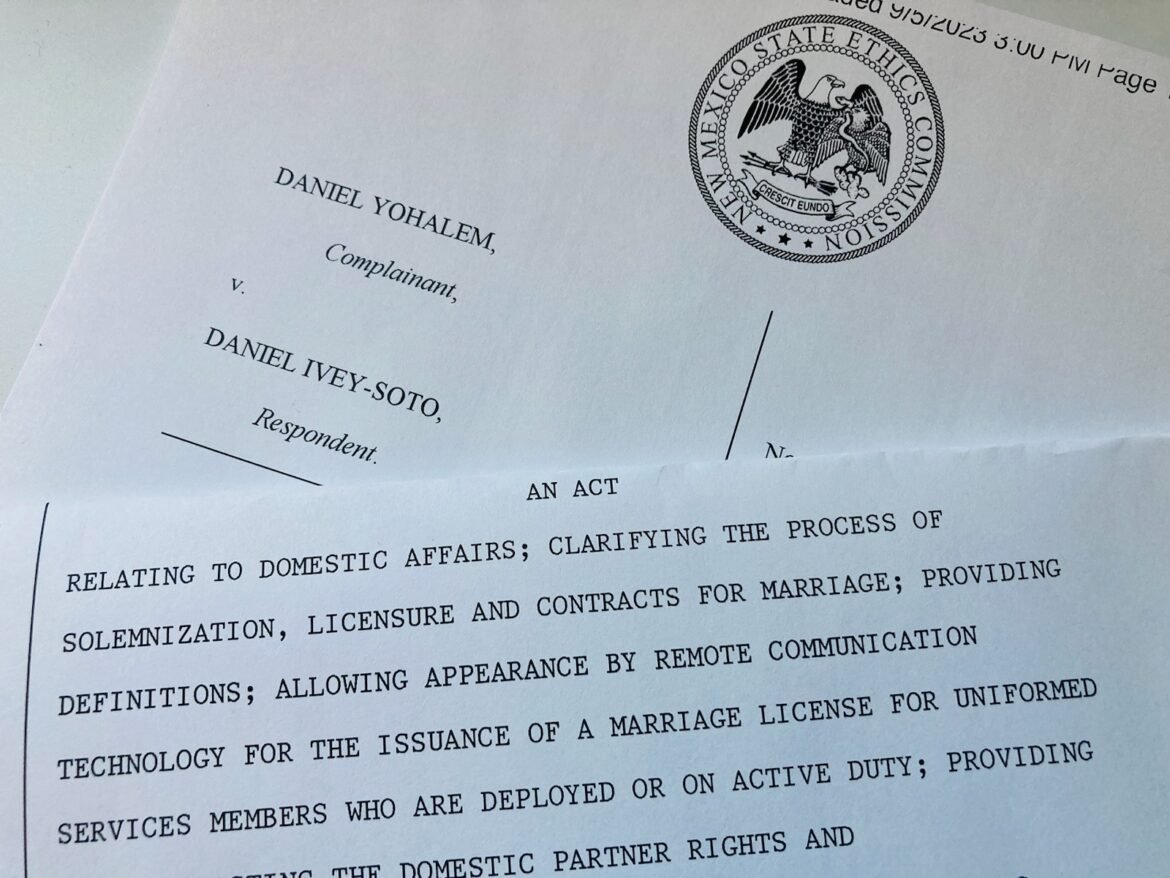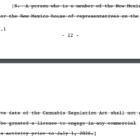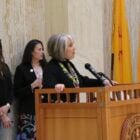Education
Tribal education trust fund is dead, legislative sponsor says
|
The sponsor of a proposal to create a trust fund that would’ve given tribes in New Mexico millions of dollars to build education programs said Wednesday that he is pulling the bill from the Senate, meaning it is effectively dead.
With less than 24 hours in the 2024 legislative session, Rep. Derrick Lente, a Democrat from Sandia Pueblo, says he decided to pull House Bill 134 after learning a number of amendments were going to be introduced on the Senate floor.
The proposal would have created a trust fund with a $50 million appropriation, generating interest for the 23 tribes in New Mexico to spend on language programs and other needs related to education. It garnered bipartisan support in the House of Representatives, and a number of tribal leaders, Indigenous students, and educators spoke about how impactful it would be at committee hearings throughout the legislative session. But how the money would be distributed was the source of significant debate this year — and in the 2023 legislative session, when Lente unsuccessfully pushed for the fund. The Navajo Nation in particular had concerns about how to ensure the funds were distributed equitably.
“As much as I thought that we were good to go and how it’s received so much support through the House process and even through Senate Finance,” Lente said, “we’ve come to a point where the discussion amongst tribes is a bit too great for me to want to comfortably have that discussion publicly in the Senate and I don’t think it’s fair for tribes to be put in that position.”Lente would not say where the Senate amendments came from and what they would do. But he said he’s asked Senate Majority Leader Peter Wirth to not pull it up for debate in the Senate “out of respect for the tribes.”
“I want to make sure that I respect 100% the tribal sovereignty of each pueblo, nation and tribe in New Mexico.









